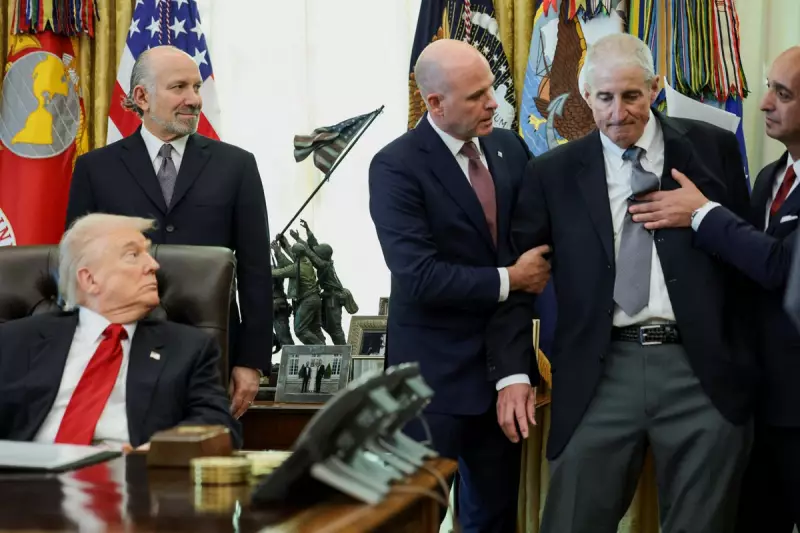
A highly anticipated White House press briefing descended into utter chaos on Tuesday as supporters of former President Donald Trump mounted a coordinated disruption, shouting down journalists and creating an atmosphere described as "hostile" and "unworkable."
The extraordinary scene unfolded during what was meant to be a routine media engagement, rapidly transforming into a shouting match between Trump loyalists and members of the press corps. Reporters attempting to ask questions found themselves drowned out by chants and interruptions from the audience.
Proceedings Cut Short Amid Growing Tensions
White House officials were forced to terminate the briefing prematurely as the situation escalated beyond control. The disruption represents one of the most significant breakdowns in White House-press relations in recent memory, highlighting the deep political divisions continuing to affect American democracy.
Eyewitnesses described a tense environment where professional journalism was systematically undermined by coordinated efforts to silence critical questioning. "This wasn't just protest - it was a deliberate attempt to make legitimate press scrutiny impossible," one veteran correspondent noted anonymously.
Broader Implications for Media Freedom
The incident raises serious questions about the ability of journalists to perform their duties in an increasingly polarized political landscape. Media freedom advocates have expressed alarm at the normalization of such confrontations, warning they could set dangerous precedents for press access to government officials.
This confrontation occurs against a backdrop of ongoing tension between the Trump movement and mainstream media outlets, with both sides accusing the other of bias and misinformation. The collapse of this press conference suggests these tensions are far from resolved and may be intensifying.
Political analysts suggest such disruptions could become more common as the 2024 election approaches, potentially undermining traditional mechanisms of government accountability and transparency.





